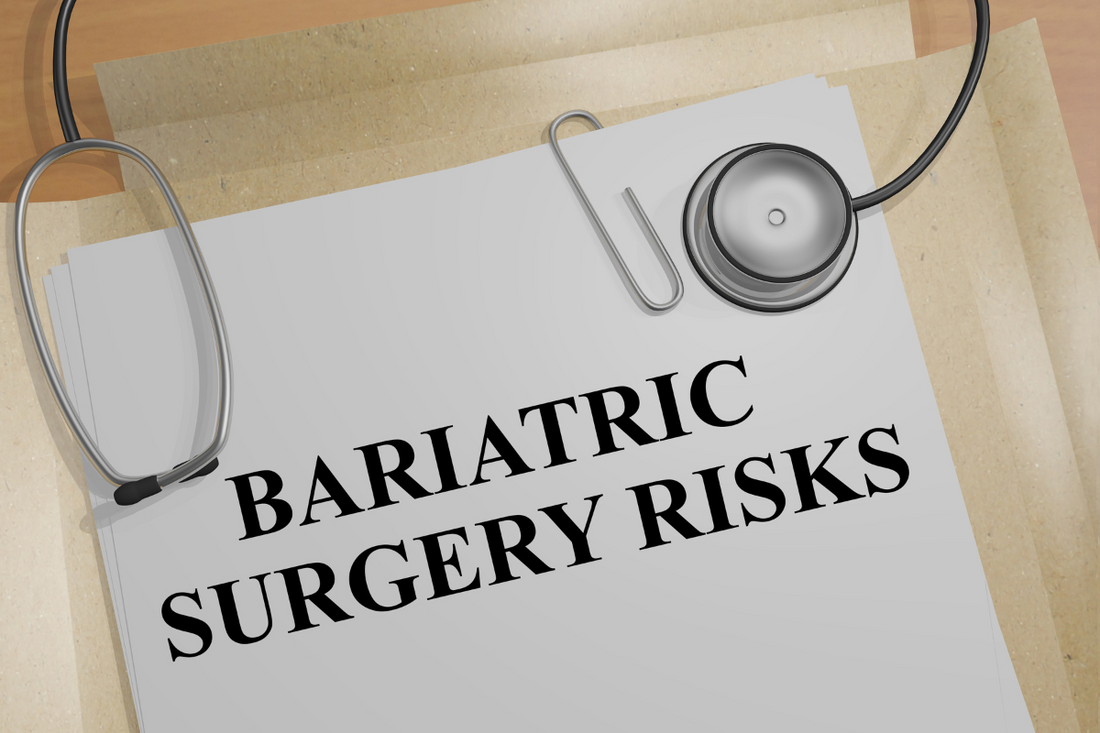Table of Contents
Bariatric surgery stands as a significant step for those grappling with obesity, where traditional weight loss methods have not yielded desired outcomes. As your body mass index (BMI) becomes a critical determinant of your eligibility for this procedure, surgeons assess whether you fit into the category that necessitates such an intervention. With a variety of surgical options available, including gastric bypass surgery, sleeve gastrectomy, and more complex procedures like the duodenal switch and biliopancreatic diversion, the choice of surgery is tailored to your individual health profile and weight-loss goals.
Weight-loss surgeries like the Roux-en-Y Gastric Bypass (RYGB) or laparoscopic adjustable gastric banding are designed to reduce weight substantially. However, alongside these metabolic changes, you must be aware of the potential long-term side effects that could accompany the surgery. Your healthcare provider can offer comprehensive insights into how each surgical option, including the gastric sleeve surgery and adjustable gastric band, might impact your long-term health.
As you navigate the decision-making process, it is essential to understand that while these procedures can lead to significant weight loss, they also require lifelong commitments to dietary changes and regular follow-up with healthcare providers. Post-surgery, your body undergoes dramatic changes that can affect absorption of nutrients and your overall well-being. It's important to consider these factors closely and maintain open communication with your surgeon and healthcare team to manage and monitor any long-term side effects effectively.
Side Effects of Bariatric Surgery

Bariatric surgery can lead to a range of side effects, both in the short term and long term. Understanding these can help you prepare for and manage them effectively.
Short Term Bariatric Surgery Side Effects
- Nausea and Vomiting: It's common to experience nausea and occasional vomiting, especially during the first days post-surgery as your body adjusts to the changes.
- Abdominal Pain: Your abdomen may be sore and you may experience pain due to the surgical procedure itself.
- Diarrhea and Constipation: Changes in bowel habits, such as diarrhea or constipation, can occur as your digestive system adapts.
- Dizziness and Fatigue: Feelings of lightheadedness and tiredness may be prevalent due to dietary changes and reduced calorie intake.
- Infection and Fever: There's a risk of infection at the surgery site, which might cause fever or an elevated heart rate.
Long Term Bariatric Surgery Side Effects
- Malnutrition: Due to altered digestion, you may need ongoing vitamin and mineral supplementation to prevent deficiencies.
- Bone Loss: A decrease in calcium absorption can lead to bone loss over time.
- Gastroesophageal Reflux Disease (GERD): Some patients may develop or experience a worsening of GERD symptoms after surgery.
Long Term Bariatric Surgery Complications
- Bowel Obstruction: Scar tissue or kinks in the small intestine can lead to obstruction.
- Internal Hernias and Pouch Issues: Alterations to the stomach may lead to the formation of hernias or issues with the stomach pouch.
- Gallstones: Rapid weight loss can cause gallstones, which might require further treatment.
- Liver Disease and Kidney Stones: Changes in your body's metabolism can affect liver function and increase the risk of kidney stones.
Keep a close dialogue with your healthcare provider for regular monitoring and to promptly address any of the above issues.
Psychological Complications of Bariatric Surgery

After bariatric surgery, your mental health is as important as your physical recovery. You may experience changes in mood, such as depression or anxiety, due to altered body chemistry and the emotional impact of significant lifestyle changes. It is crucial to recognize and address these mood disorders to ensure a holistic healing process.
Your body image and self-esteem may fluctuate post-surgery. While some find improved self-perception due to weight loss, others struggle with excess skin or not meeting their weight expectations. This can lead to behavioral changes, where support from counseling or psychotherapy proves beneficial.
- Behavioral Changes:
- Adjustment to new eating habits
- Coping with stress without overeating
- Maintaining regular physical activity
- Mental Health:
- Eating Disorders: New or resurfacing challenges
- Addiction Transfer: Substituting food with other addictions
- Importance of follow-up appointments
Engagement with support groups can offer you a sense of community and shared experiences, which might alleviate feelings of isolation. Be mindful of potential eating disorders that might develop as you adjust to your new dietary restrictions.
Lastly, addiction transfer is a phenomenon where compulsive behaviors shift from food to other substances or activities. It is key for you to be aware of and to seek help if you notice such tendencies. Maintaining an open dialogue with health professionals and attending regular follow-up appointments will help in monitoring and managing these psychological complexities.







